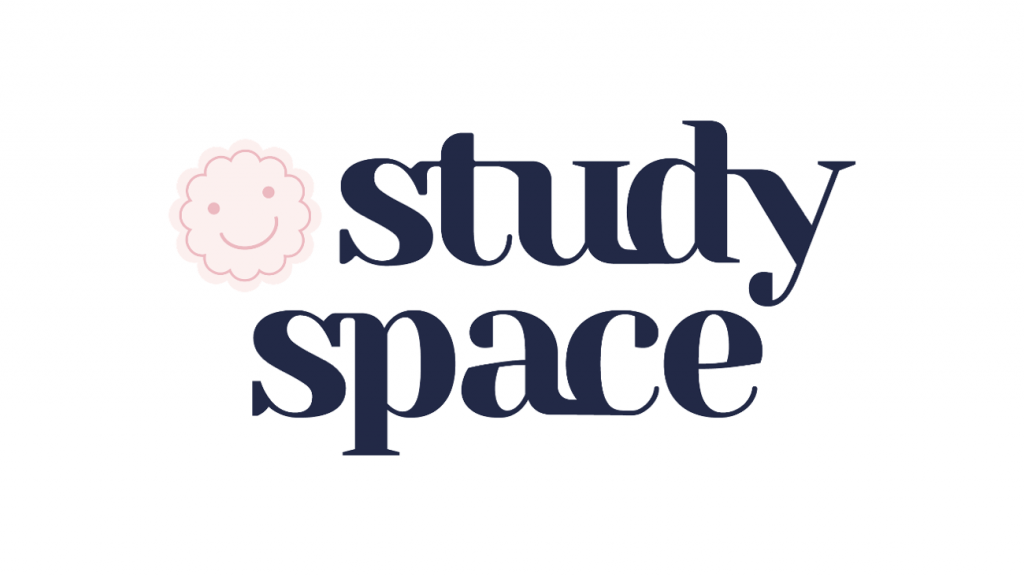
“Study Space is the better and safe space for students, created by students for students.”
health
• Cristina Monteiro Uoa
• Costantino Pio Landi PIN
• Costanza Cappelli PIN
• Maria Pinheiro UoA
• Mathilde Le Floch MBS
• Julze Alejandre GCU
• Roisin McDonald GCU
• Maria Morim UoA
Study space is an online and offline application that aims to tackle isolation, depression and anxiety in students, especially those with mental health conditions. These motivated social innovators draw on their own experiences of struggling through the COVID-19 pandemic to create a tool that will support students going through mental health difficulties. After conducting a market analysis and finding the gap left by current available tools, they have designed a centralised digital platform to build a social community and provide users with productivity and wellbeing tips, motivational videos, curated music playlists as well as socials and forums. With the help of their well-devised financial plan, they are hoping to develop the application further with real-time chats and other features.
Study space has received encouraging results from conducting a trial run on students, of which 67% would like to use the application in the future.
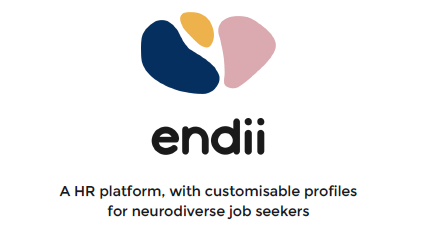
“Endii not only helps with inclusion but also helps businesses employ the innovators and creative thinkers of the future”
Disability/Accessibility
- Katie Donoghue DCU
- Chiara Canneva PIN
- Clara Serano UoA
- Georgia Grogan DCU
- Catarina Cruz UoA
- Marie Prat MBS
- Elettra Sarno PIN
Endii is a HR platform with customisable profiles for neurodiverse job seekers that highlights skills and interests rather than employment history and credentials. Coming from a neurodiverse team, this project aims to counteract the systematic overlooking of candidates with conditions such as autism, ADHD, OCD, dyslexia, etc. Despite excelling at innovative thinking, problem solving, creativity and passion, neurodiverse individuals are often judged solely on characteristics and stereotypes about their condition. Thus, 80% of neurodivergent are unemployed as they do not conform with the biased company fit.
Endii therefore offers a personalized platform for neurodiverse applicants, where the focus will not be on ableist questionnaires or gaps in employment, but on their talent and who they truly are. Supported by AI technologies and machine learning, candidates will be matched with companies looking for skilled and talented individuals. These companies will in turn access a database of tips for creating an equitable hiring process.
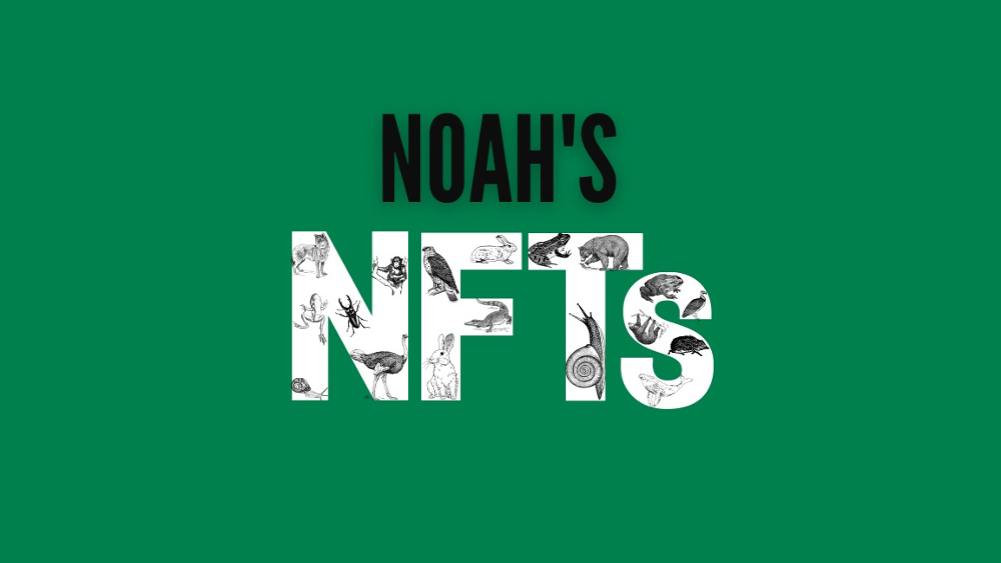
“Helping small NGOs working with EU wildlife to get new sources of funding”
environment
• Pau Verdú i Blas UPF
• Jonathan Lieber GCU
• Rose O’Dwyer DCU
• Léane Folituu MBS
• Joan Freixa Martínez UPF
• Sabrina Marchi PIN
Acting on the alarming fact that 22.7% of European wildlife species are in threat of extinction, Noah’s NFTs aims to assist small wildlife protection NGOs gain access to a new type of income: NTFs sales. NFTs are the property rights over a piece of digital art which would be created according to a specific threatened species, making it an accessible strategy for NGOs with little starting budget. Furthermore, using blockchain technology, Noah’s NFTs plans on curbing the instability of the digital market through the unique registration of each NFTs and the involvement of numerous businesses.
The targeted charities are smaller, often unknown NGOs, which are closer to European threatened species but also suffer from little brand awareness. Thus, Noah’s NFTs plans on assisting with brand awareness strategies, as well as donating 75% of the NFT’s auction, in a transparent and durable way.
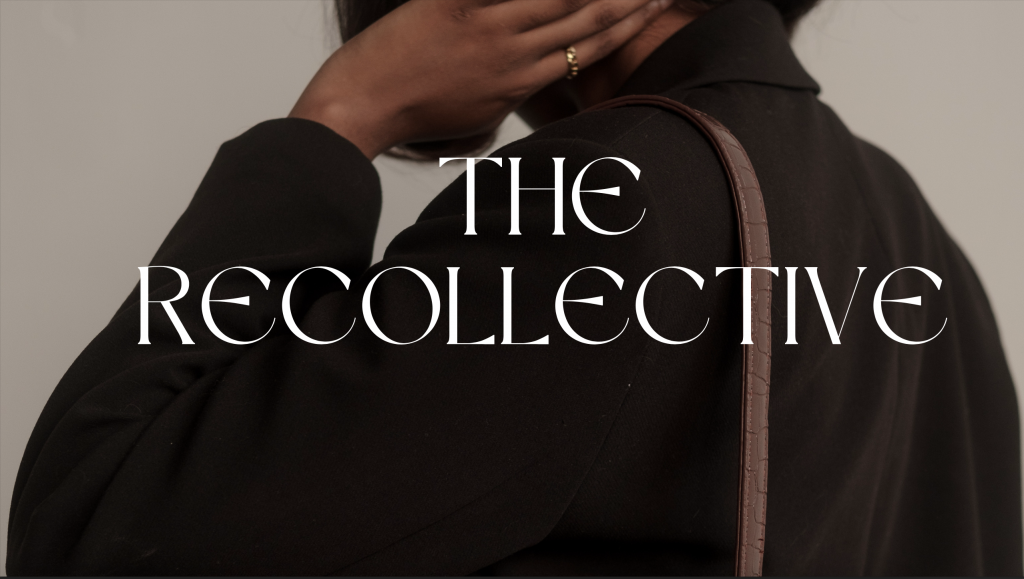
“Would you change your lifestyle to empower your wardrobe and therefore empower your ownself?”
fast fashion
• Isobel Malone DCU
• Adrià Baselga UPF
• Taylor Byrne DCU
• Celia Burrel Esteban UPF
• Esme Frances Laurence Allen GCU
• Asmaa Rhallab MBS
• Mehetabel Ojienor DCU
• Elisa Cappiello PIN
The Recollective presents a community-based solution to fast fashion through the creation of a platform mapping second-hand and vintage alternatives to global retails. The fashion market is in dire need of social innovation initiatives, as it is the third most polluting industry in the world and produces 20% of all water waste. Despite this, our consumption of clothes is exponentially increasing.
To combat this, the Recollective is creating a mapping website that will bridge the gaps left by mainstream map applications when it comes to lesser-known addresses offering slow fashion wares. Thanks to this accessible digital platform, tourists and locals both will be able to share sustainable spots, but also tips through chats and blog posts. The aim is to create a vibrant community of people sharing the same values and making sustainable fashion easy and accessible. The mapping will first start in Dublin, then expand to Glasgow and finally Montpellier, before a possible further expansion as the platform grows. A thorough communication plan has been devised to grow both an online and offline presence through social media, events, meet-ups, etc.
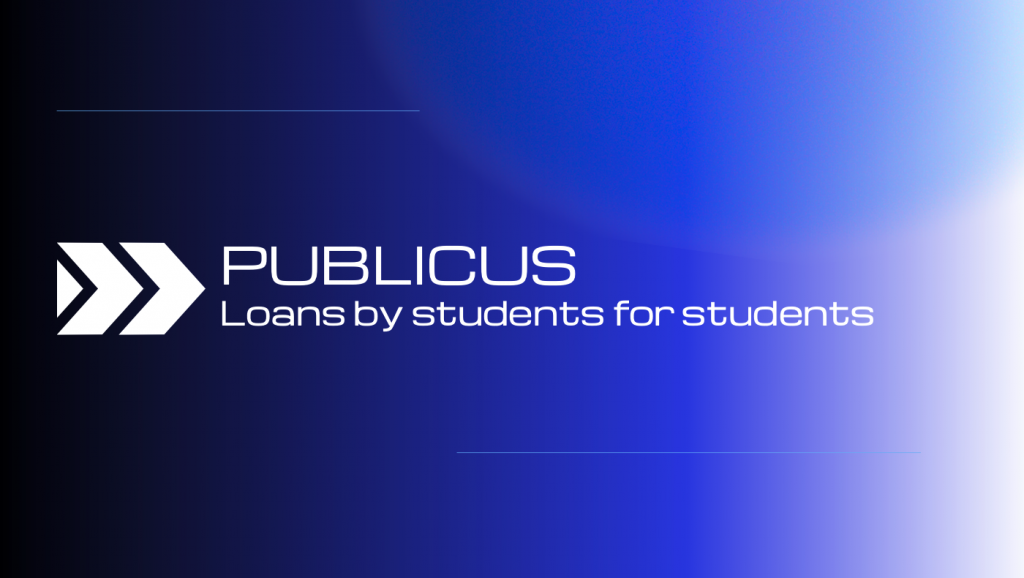
“A loans scheme by students for students.”
social finance
• Leonardo Fossi PIN
• Albert Cabané Ballester UPD
• Dominic Lo GCU
• Rifa Abderrahim MBS
• Paule-Valere Mabounda MBS
• Giovanni Mannucci PIN
Publicus has devised a simplified loan scheme catering to international students who face numerous obstacles to financial assistance when abroad. Indeed local loans scheme usually require paperwork that is unavailable to foreign students; using the example that one needs a French sponsor to apply for a loan in a French bank. These administrative obstacles can make the difference between affording basic necessities and going overdraft, especially when 20% of youth in France lives under the poverty line.
To remedy this issue, they are offering short-term loans as well at long-term loans and advertising to a wide market that has been overlooked for too long. Publicus will therefore have a multiple scaled social impact by lowering inequalities while supporting student wellbeing and empowerment.
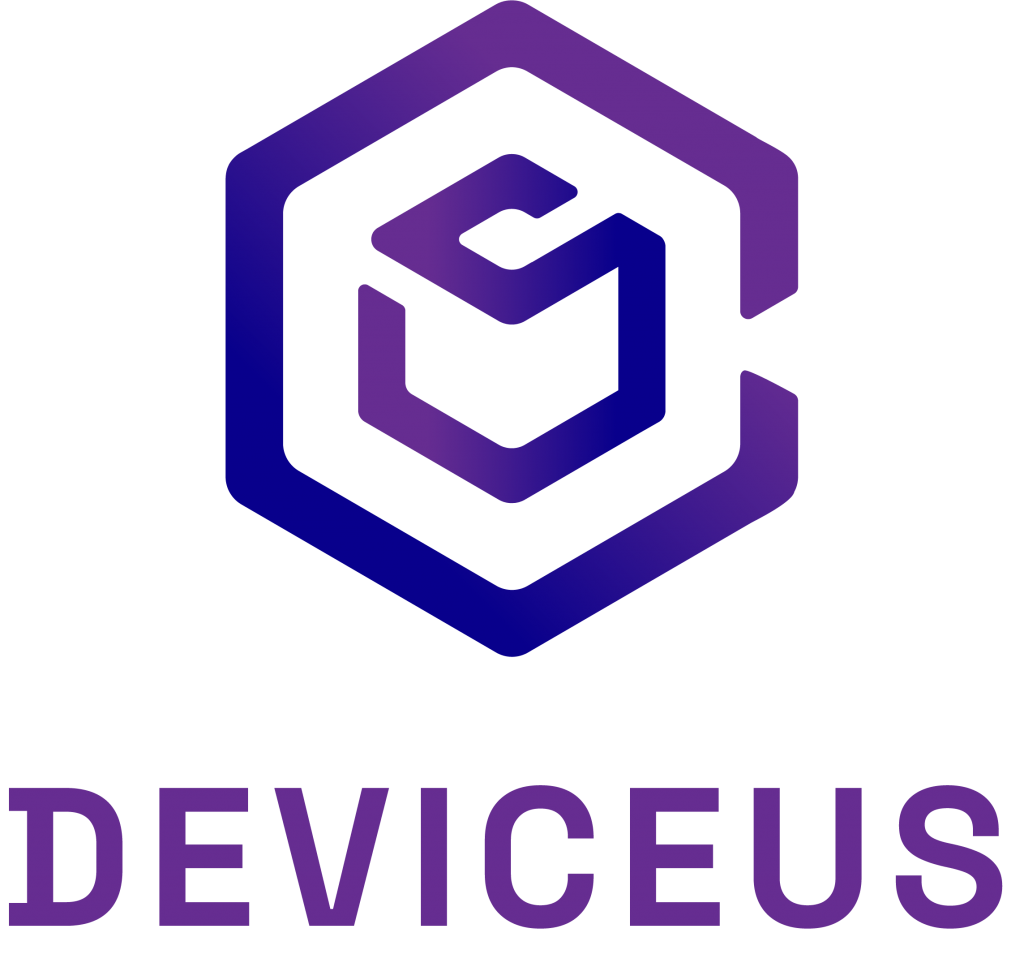
“Wouldn’t it be great to find a way to give that unused phone laying in a drawer a second sense while being sustainable and reducing e–waste around Europe?”
circular economy
• Isaac de la Cruz Orriols UPF
• Conor Stapleton DCU
• Amina Abaryoud PIN
• Somto Amechi GCU
• Inês Martins UoA
• Veronica Miedico PIN
• Liliana Araujo PIN
Working towards circular economy, Deviceus proposes a way for people to discard their unused phone in a sustainable manner. This social enterprise plans to operate on a phone refurbishing model and sets itself apart with the fact that it will accept working phones to be resold, but also non-working phones. These defective phones that will not be put back into the market, will then be sold in bulk for their raw materials. Deviceus plans on installing collecting bins, starting in universities and later expanding to supermarkets and other public spaces. As an incentive for people to give their phone, they plan on making merch available to donors, also serving as a marketing tool.
This way, Deviceus plans to not only reduce the global emissions of CO2 through the upcycling of phones, but also hopes to raise awareness about the inhumane conditions of raw material mining often involving child labour.
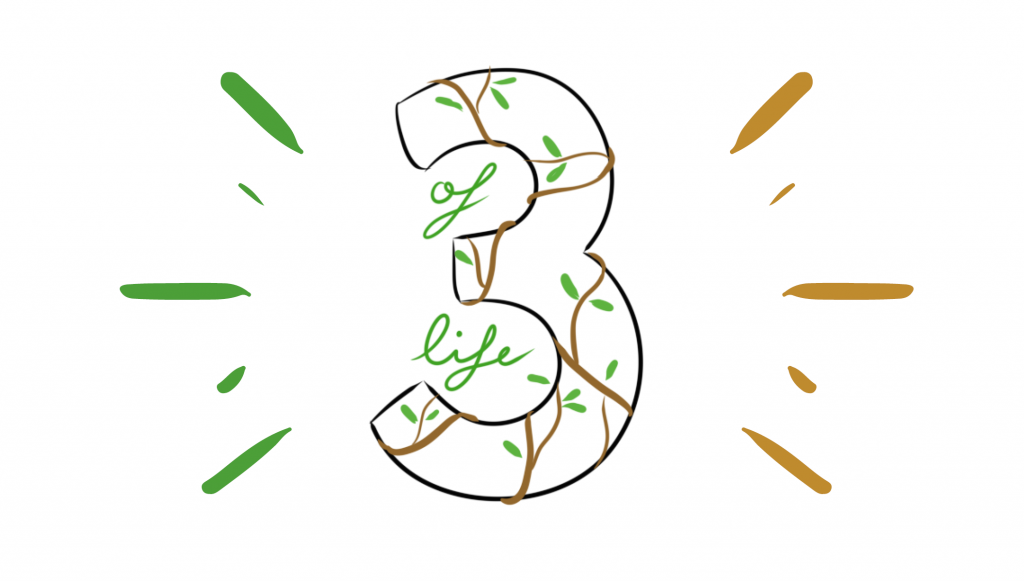
“3 of life, where you get to live again.”
social justice
- Sabina Ruíz-Herrera UPF
- Manuel Santos UoA
- Tanguy Schubert MBS
- Leah O’Connell Oseni DCU
- Samuel Pagani PIN
- Carolina Neves UoA
- Claudia Fernandes UoA
3 of life tackles a deeply concerning flaw in society: the marginalisation of the elderly -out of 29 million surveyed senior citizens, 59% report feeling lonely-. The solution they offer is a 3-stage program, compiling a variety of key activities, involving animals, art, cooking, languages, music, nature, etc. to cater to the diverse elder demographic. Starting in Portugal with powerful partnerships and physical advertising of pre-established activity centres, they hope to eventually own their own community centre where they will hold their events.
Through getting the elderly –especially those who live by themselves- to spend more time out of their isolation using physical and mental health, 3 of life wants to create a real impact when it comes to social inclusion.
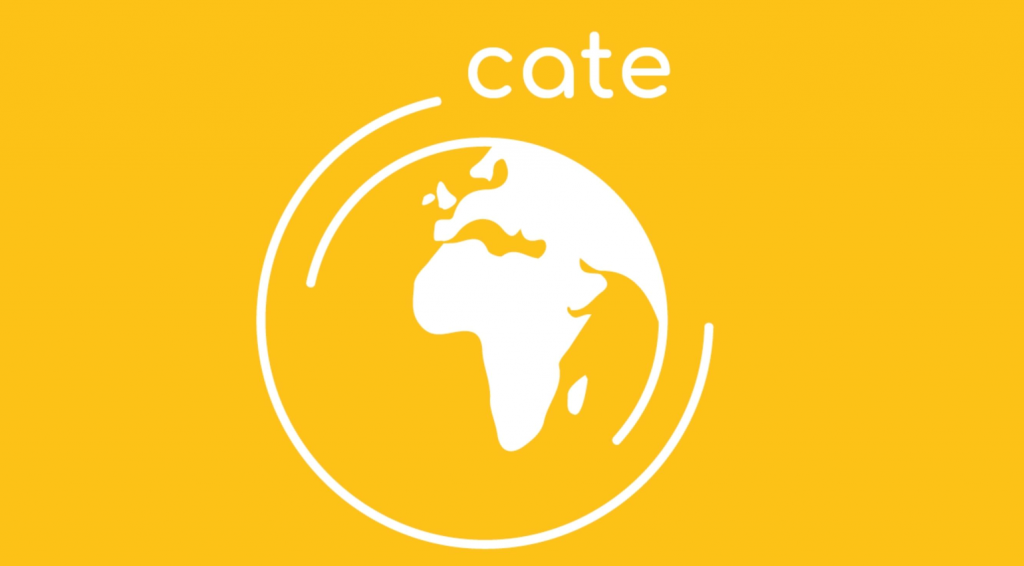
“Cate, sharing cultures through your plate.”
Social Justice
- Renato Silva UoA
- Eva Oliveira UoA
- Stan Goodwin DCU
- Celine Massari MBS
- Pauline Corre MBS
- Cecilia Zurli PIN
- Ana Rita Gaspar UoA
Cate stirs two concepts together to create a long-lasting social impact: food and the integration of refugees. All the while 1 out of 78 people have to flee conflict at some point in their life and find themselves uprooted into a new country, we are still practicing very poor integration of refugees into local communities. But how can we get people with different cultures, traditions and language to connect?
For Cate, the answer is culinary experience as “food is a bonding agent that brings people together”. Starting in Portugal thanks to a strong partnership with CPR (Portuguese council for refugees), the plan is to organise regular gastronomic experiences taught by refugees using school-based industrial kitchen. Eventually Cate would like to put together cookbooks, video tutorials and more to help break the stigma through multicultural experiences.
